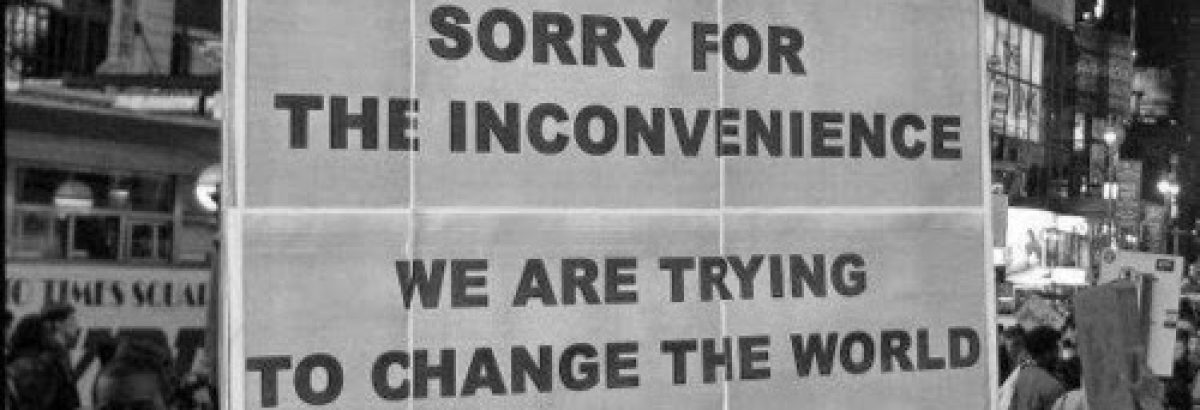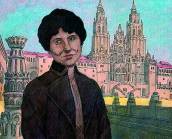10:40 pm, Thursday evening. Campus is engaged in Small Group. Though everything is still, there’s vivacity in this stillness. Pedestrians pass, cars drive by, an ambulance sounds in the distance. The crickets are talkative, as are the AC units, as if to remind me of the way cold temperatures preserve what once was. An airplane crosses the sky, taunting me, reminding me how life’s commitment was death’s cause. The bell tolls. 10:45. Five minutes have passed.
Five minutes I’ve been sitting on this bench, over-looking the abandoned soccer field. 35 days he’s been lying on what was once my bed.
Five minutes I’ve been studying the night sky. 35 days he’s been staring at the ceiling.
Five minutes of still life. 35 days of relentless repose.
Friends chatter on as they walk past my bench, unaware of the silent activity unfurling in the calm night around them. A couple awkwardly meets at a bench adjacent to my place of pensive idleness. Although I know the clouds must have moved in this period of five -now thirteen- minutes, every glance betrays their unchanging appearance. The more I study this beautiful night sky, the more stagnate it appears. The more I glimpse the actions of nature, the more I am resistant to them. In my desperation to witness life, I cannot escape the absence of it. In my plea for the world to acknowledge the stillness, I am also utterly unsatisfied with it. This state is one of hopeless contradiction.
I see life, but I don’t see the life. Why won’t they do the same?
Everyone and everything continues to move forward, to strive for life. Yet he continues to evade it. Why won’t he just do what they do? Why can’t he be like everyone else?
Time is passing. The moon, a gibbous, still emits the same three-ringed glow around its tilted body that baited me to this location. The stars remain no more or less numerous. The deep blues of the outward sky, while beautiful and mysterious and beyond my comprehension, are still so placid it seems impossible I’d witness any cosmic movement on this night, at this bench, in these seventeen minutes. And yet, I undeniably do.
The night gets older, but he will never age.
No one seems to notice the still within their activity. Much the same, as I go to classes and work, live my own life away from my home, my dad’s lifeless body continues to lie there, frozen on the small wooden bed he was so proud to give me when I was just 8 years old.
Motionless, breathless, forever staying still on the pillow.
As I squeeze his hand, it refuses to squeeze back. As my mom strips the linens off my father’s death bed, still his body lies. As she washes down the mattress on which he took his last breath, still his body lies. As we erase the evidence of his agonized moaning, incoherent mumbling, restless sleeping, still his body lies. And years down the line, when I sell the bed to buy one larger, still he will lie.
Every new experience I am leaving him out of. Every day I live I leave him more and more behind. My life moves forward, but his is eternally established on my childhood bed, memorialized on unmatched linens that no longer hold his scent. Strangers walk by my bench with not an ounce of care for my father’s location. The crickets’ chirps alert the world of new life to come, and the AC units hum and taunt me, but, still, my father lies.
Then it happens, just as it always does. I look back up to the same sky that, with haunting juxtaposition, captured my attention, and notice it indeed has finally changed. The motions of the elements have surpassed the appearance of calm such to the extent that I no longer recognize the image before me. The stars more numerous, the blues more vast, and the moon just one all-encompassing glow warming up the night sky.
The bell tolls. 11:15.
Maybe I should move the body.
Originally written September 4, 2014.
July 31, 2014, Michael Alton Bloom passed away from multiple myeloma, a form of leukemia. Some believe the cancer was caused by chemical exposure during Mike’s time in the Air Force and later as an aviation mechanic. Too weak to stay in his own home, he spent his last days in his ex-wife’s home, occupying his daughter’s empty bedroom while she was away at college. May he forever rest in peace.


 Much of life is spent choosing between the outer, physical, material being and the inner, spiritual being. The nature of death serves as an intriguing dichotomy. From the physical perspective, death in and of itself is an unremarkable, inevitable event. Death is the epitome of conforming to the physical world, therefore confining oneself to the limitations of the physical body. However, death is also the pinnacle of relinquishing oneself from the physical and into the spiritual. While everyone must come to death, therefore everyone must ultimately be subject to the more powerful influence of the spiritual over the physical, everyone has the ability to resist spiritual transcendence, and it is in this choice of resisting the spiritual or resisting the physical that the nature of one’s dying process is defined. Tolstoy parallels this dichotomous competition between the two realms, as it pertains to Ivan Ilyich’s dying process, through his representation of time and space.
Much of life is spent choosing between the outer, physical, material being and the inner, spiritual being. The nature of death serves as an intriguing dichotomy. From the physical perspective, death in and of itself is an unremarkable, inevitable event. Death is the epitome of conforming to the physical world, therefore confining oneself to the limitations of the physical body. However, death is also the pinnacle of relinquishing oneself from the physical and into the spiritual. While everyone must come to death, therefore everyone must ultimately be subject to the more powerful influence of the spiritual over the physical, everyone has the ability to resist spiritual transcendence, and it is in this choice of resisting the spiritual or resisting the physical that the nature of one’s dying process is defined. Tolstoy parallels this dichotomous competition between the two realms, as it pertains to Ivan Ilyich’s dying process, through his representation of time and space. It is better to die clinging to the hope of boundless life than to live without realizing life’s potential, or as Rosalia de Castro wrote it: “Unblest are they who dreamless draw their breath, and fortunate who in a dream find death.” This is, at the time, my favorite piece of poetry. I only hope my review can do it justice (find the full poem at the end).
It is better to die clinging to the hope of boundless life than to live without realizing life’s potential, or as Rosalia de Castro wrote it: “Unblest are they who dreamless draw their breath, and fortunate who in a dream find death.” This is, at the time, my favorite piece of poetry. I only hope my review can do it justice (find the full poem at the end).